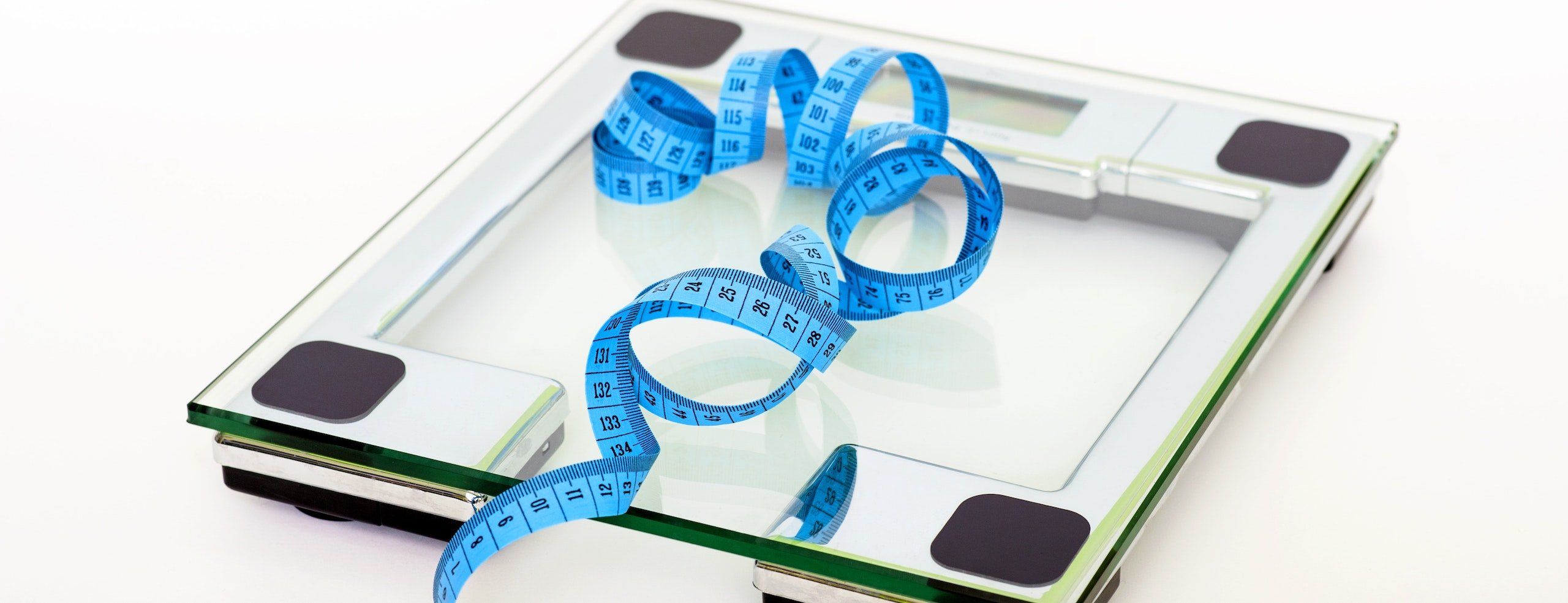
Losing weight. Everything you need to know
Losing weight is possible, with good nutrition and diet. We must follow a balanced diet and exercise to maintain and control our weight as we want throughout the year. If you are not able to get rid of those extra kilos and lose weight, here are some simple tricks that will help you achieve this goal and lose weight faster and feel better.
Losing weight in a healthy way
- There is no point in following a nutrient-poor diet, because the body will not function well. It is very important not to skip meals. The percentage of vegetables and fruit should be higher than the percentage of carbohydrates. And forget about soft drinks and try to drink one and a half to two litres of water a day.
- Exercise is the fastest way to lose weight, as it increases the rate of fat burning. You don't need strenuous exercise, you can do some easy sports to help with weight loss. Walk for at least 30 minutes or do some physical exercise (running or swimming) daily. Exercise helps you feel fit, burn calories and improve your mood. Don't forget that we are designed to move and that sedentary lifestyles are the cause of obesity and depression.
- Intermittent fasting has become one of the fastest ways to lose weight quickly in a short time, good results can be achieved within 24 weeks of starting the diet. There are many ways to follow the intermittent fasting diet depending on your age and physical strength.
- Finally, change your perspective, it is not enough to eat healthy foods and exercise for a few weeks or even months if you want successful long-term weight control. These habits must become a way of life. Lifestyle changes begin with an honest look at your eating patterns and daily routines.
Tips for keeping the weight off
Experts recommend meal planning and exercise because they are our best allies against excess weight or those extra pounds we manage to lose. Ways to keep the weight off after dieting are as follows:
- Organise meals: Develop a weekly menu that includes protein and vegetables for lunch and dinner, and moderation in the consumption of unhealthy fats and carbohydrates.
- Avoid eating between meals. And if you can't, choose healthy snacks and foods that help you feel full.
- Consistent weight managementweight: 400;'>: because weight management is a warning tool, weight gain motivates a person to change his or her recent lifestyle.
- Regular daily exercise. One of the ways to maintain weight after dieting is to exercise regularly and move around a lot to avoid being sedentary.
How does anxiety affect our weight?
In many cases, when people suffer anxiety attacks, they tend to eat more food to alleviate them. It is common to resort to high-calorie foods that satiate our anxious moments, but then generate feelings of guilt and sadness.
When we talk about the urge to eat, we are referring to an emotional state in which we "need to eat" without feeling hungry. This need, which often seems impulsive and uncontrollable, leads to a vicious circle. First, we eat to calm the craving. After that we felt guilty because we ate. In short, we become more anxious than we were to begin with.
Food craving, keys to controlling appetite in the face of anxiety
There are several easy-to-learn psychological techniques that can help us control anxiety when we feel the urge to eat:
- Distraction: talking to someone, singing, playing games… This is a well-known technique that can help to take your mind off what is making you crave for food.
- Breathing control: diaphragmatic breathing, used in practices such as yoga or mindfulness, helps us to relax and, therefore, to control our emotions.
- Relaxation: there are different relaxation practices that you can do yourself, in your own home. Choose a calm, quiet place with a pleasant temperature to do it.
- Look for other kinds of rewards. Food cannot be your only reward. A walk, a massage, a simple chat with friends or family can also help.
- Take physical exercise. Sport will increase your dopamine levels, just as it does with food, which will help to manage your anxiety.
- Follow a balanced diet. Keep to a good routine, take time to eat, eat slowly, chew your food well and always eat food that provides you with quality nutrients. Sometimes you can also supplement your diet with nutritional supplements to help support your balanced diet.









